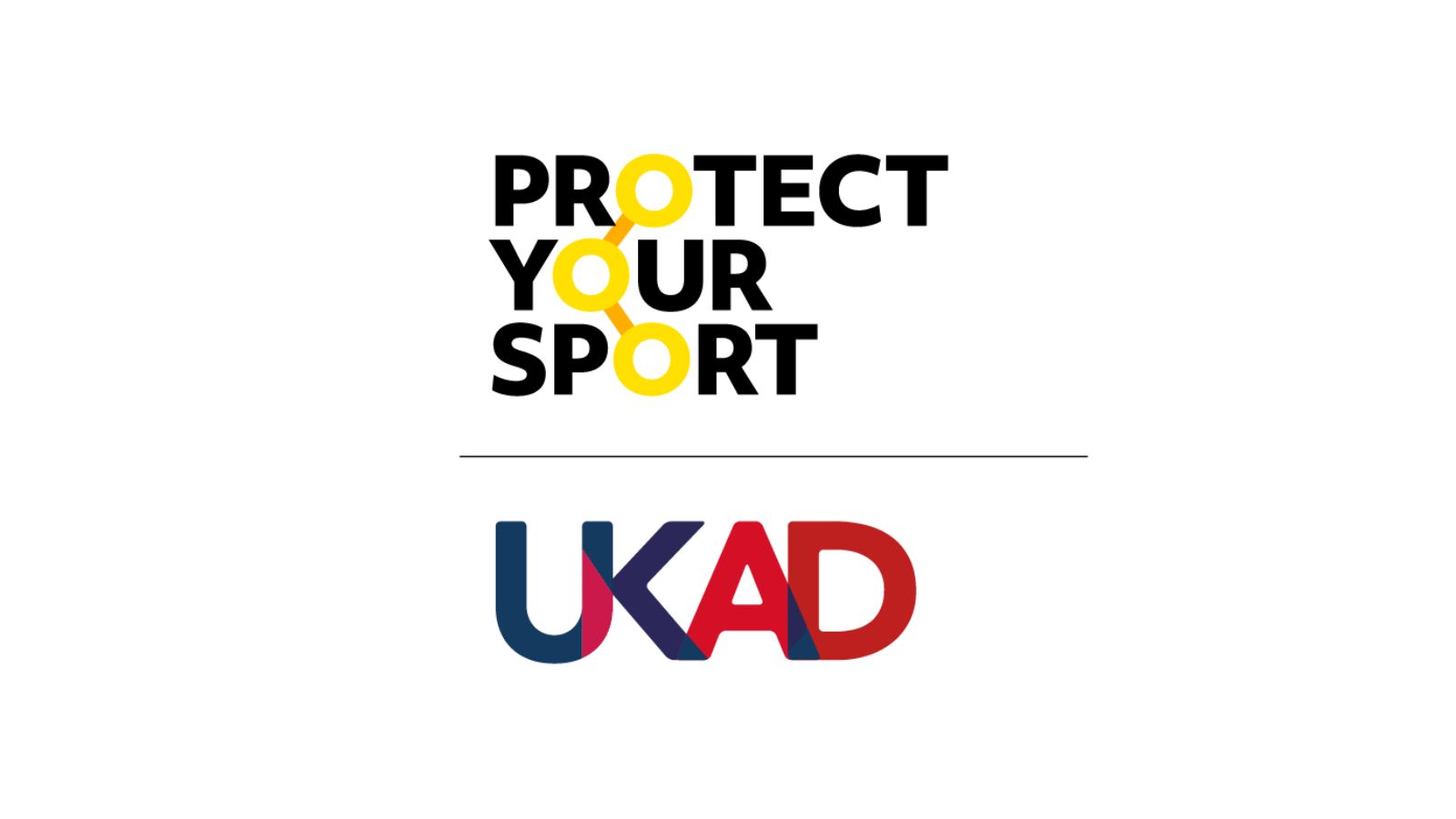Athlete testing in 2023: UKAD conducted over 8,800 doping tests, with football the most tested sport
-
8,816 tests completed in the 2023 calendar year by UKAD
-
Football, rugby union, rugby league, boxing, athletics and cricket were the most tested sports
-
UKAD to continue emphasis on testing athletes likely to compete in Paris 2024
UK Anti-Doping’s (UKAD) total test numbers for the calendar years 2022 and 2023 averaged 9,000 tests a year. Since 2020 and the start of the coronavirus pandemic when testing was reduced temporarily, testing numbers have bounced back from 7,724 (in 2021) to 9,064 (in 2022) and 8,816 last year, reflecting a robust intelligence-led testing programme.
UKAD has today shared its latest quarterly testing report which covers October to December 2023 (quarter three of the 2023/24 financial year). 1,789 tests were conducted during the quarter. The report, read alongside UKAD’s published quarterly reports, show the split of testing by calendar year.
UKAD tests across more than 40 professional sports. Their most tested sports in 2023 were football, rugby union, rugby league, boxing, athletics and cricket. Football accounted for 32% of all tests. The football anti-doping testing programme is one of several UKAD testing programmes, supported by additional funding from the sport’s national governing body, which allows UKAD to conduct more testing on that sport throughout the year.
Testing of sports is also informed by the delivery of comprehensive testing programmes in the build-up to major events. Last year, this included the Women’s Football World Cup, the Men’s Rugby World Cup, the Men’s Cricket World Cup, the World Athletics Championship and ongoing qualification and preparation for the Paris 2024 Olympic and Paralympic Games.
UKAD introduced new science and technological advances in 2023 to help evolve the testing programme and strategy. The organisation began its implementation of the endocrine module of the Athlete Biological Passport (ABP) in quarter three (October – December 2023). The endocrine module is a new module which collects information on markers of human growth hormone (hGH) doping and aims to identify hGH abuse. UKAD will continue its implementation throughout 2024.
Hamish Coffey, UKAD’s Director of Operations said, “The figures released today build a positive picture of the testing that UKAD undertakes with athletes across many sports. UKAD has a multi-faceted approach to keeping sport clean which includes a world-class education system directed at all roles in sport, and an intelligence-led testing programme which targets the greatest risks to clean sport. Through our Assurance Framework we have made great progress with national governing bodies of sport to ensure anti-doping is embedded at every level of their organisation, and this work continues.
“2024 is a significant year for sport with the Olympic and Paralympic Games coming up, as well as UEFA Euro 2024, just two of a number of major events taking place. The world will be watching, and a new generation of young athletes will be inspired to take up sport. It is vital that UKAD and our partners in clean sport show that sport is true, sport is trusted and that integrity and ethics remain at its forefront.”
UKAD is a public body and receives funding annually from the Department for Culture, Media and Sport (DCMS). In 2022, DCMS provided UKAD with £9 million of funding for its operations. A significant amount of this funding is allocated to UKAD’s athlete testing, results analysis and legal services. The organisation generates additional income from its contracted testing programme and major events services.




